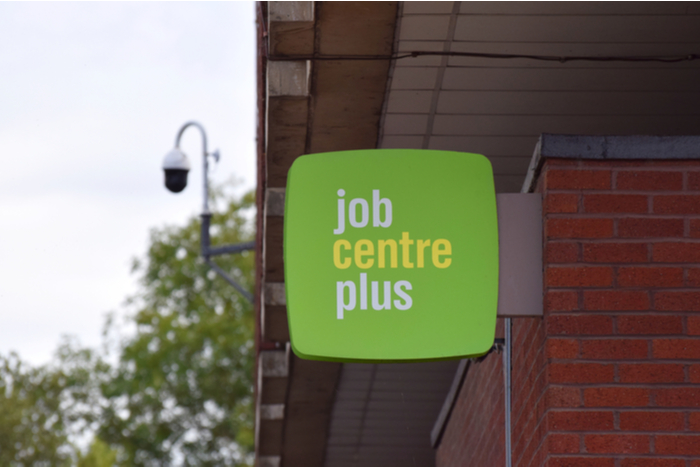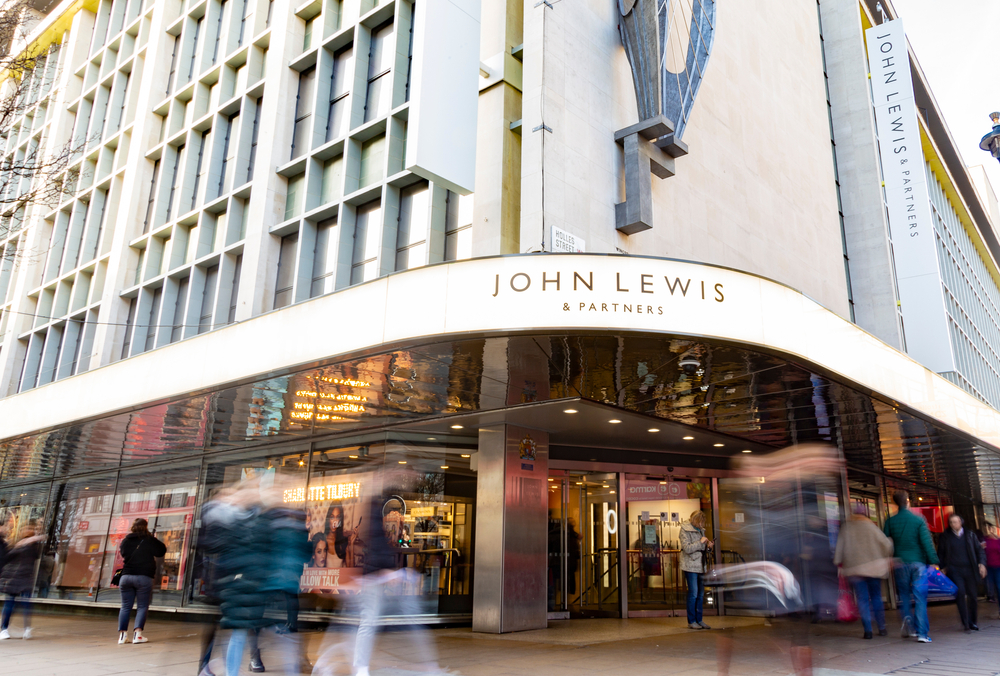In March, Chancellor Rishi Sunak used his Budget speech in the House of Commons to announce a raft of measures aimed at helping retailers get back on their feet after a year that saw the industry’s pre-existing challenges exasperated by the Covid-19 crisis.
He confirmed the furlough scheme would be extended until the end of September, and employees will continue to receive 80 per cent of their salary for hours not worked.
The Coronavirus Job Retention Scheme, which has protected more than 11 million jobs across all sectors since its inception last year, had been due to close at the end of April after first being introduced in March 2020 by the Chancellor.
At first, the government paid 80 per cent of wages, but in August and September it paid 60 per cent, with employers paying 20 per cent.
The extension came as good news for retail workers, particularly as the Confederation of British Industry had urged the UK government to extend the furlough scheme back in January.

In August, thinktank the National Institute of Economic and Social Research (Niesr) warned that the ending of the government’s furlough scheme will lengthen dole queues by 150,000.
Last week, official figures showed that the number of workers being paid through furlough had dropped to 1.9 million in June, ahead of cuts in the subsidy paid by the government.
Sunak said he was confident that strong hiring intentions meant the “vast majority” of those still furloughed would find work, but nearly one million workers were still on the scheme at the end of September, according to research by the Resolution Foundation.
With the furlough scheme ending, some retailers with staff on furlough may find they cannot afford to keep them on – leading to fears that retail unemployment could rise.

Furlough has cost the government around £66 billion in total, and Sunak has decided now is the right time to end it.
“As the government ends the furlough scheme, the industry’s attention is turned towards other pressing priorities,” BRC business & regulation director Tom Ironside said.
“First and foremost is the need for government to deliver on its manifesto promise to bring down the business rates burden to sustainable levels,” he said.
“Retail accounts for five per cent of the economy, yet pays 25 per cent of the total business rates bill.
“A recent survey by the BRC showed four in five retailers would be forced to close stores unless the government implemented rates reform in their upcoming decision on the fundamental review.
“Additionally, to support the many people coming off furlough, the government should turn the Apprenticeship Levy into a wider Skills Levy to provide greater scope to retrain existing workers through shorter, high quality skills courses.”
Recruitment agency Reed’s area manager, Fran Webb told Retail Gazette that retailers may find it difficult to hire in this climate without help, and with a lack of candidates.
Across the board there is a candidate-shortage, with travel restrictions, and with many retailers hiring workers from the EU, it is undoubtedly having a huge impact on the sector.
“The retail sector is renowned for its long hours and low pay – this combine with being on the frontline throughout Covid-19 has seen many candidates change industry,” Webb said.
“Hiring more people would be beneficial to the economy – during the pandemic we saw food delivery roles increase dramatically – but at the moment, without reassessing salaries and benefits, retailers will struggle to attract new talent into the profession.
“Retailers need to offer the best compensation packages possible to attract and retain the best talent available, doing this is the only way a company will thrive in the current market.”
“Retailers may find it difficult to hire in this climate without help”
HR and employment law firm Peninsula’s HR advice & consultancy director, Kate Palmer argued that while retailers are starting recruitment processes in an attempt to alleviate the impact of unemployment in the industry, this may lead to further redundancies if they are hiring when there is not a genuine need.
“Having more employees may upset existing workers who are given less hours per week,” she said.
“The knock-on effect of this could have a detrimental impact on productivity and retention. As such, employers should think carefully before jumping straight into recruiting staff they don’t actually need.
“The government’s plans to extend the Kickstart and JETS Schemes will help reduce unemployment levels by supporting new retail workers to get a job.
“Similarly, their efforts to hire more HGV drivers and extend visa schemes for foreign workers will ensure retail businesses remain open, allowing employees to continue working.”
Meanwhile, retail expert Nelson Blackley said the government can support the retail sector by urgently providing 100 per cent business rates relief in England.
“The government is scheduled to announce the results of the Treasury’s fundamental review of business rates this autumn and they need to ensure the business rates burden for the retail sector is reduced,” he told Retail Gazette.
Blackley added that there does not appear to be a direct link with food and fuel shortages leading to increased unemployment figures.
“If the shortages in the number of HGV drivers could be filled, then that would reduce the unemployment figures,” he said.
The aim of the furlough scheme was to lessen the impact of unemployment, to try and avoid a rapid rise in job seekers.
Retailers arguably are facing a tough time ahead of them in terms of employment – but it is not mainly down to the furlough scheme coming to an end.
As unemployment falls, retailers will find it more difficult to find the number of qualified workers they need to fill jobs, but as unemployment rises, retailers could also see themselves struggling, with people having less disposable income to spend on luxury goods.
Retailers may have to significantly rethink their positions now that the furlough scheme has ended, and inevitably the sector will be faced with more job losses and rationalisation, and store closures.
Click here to sign up to Retail Gazette‘s free daily email newsletter


















